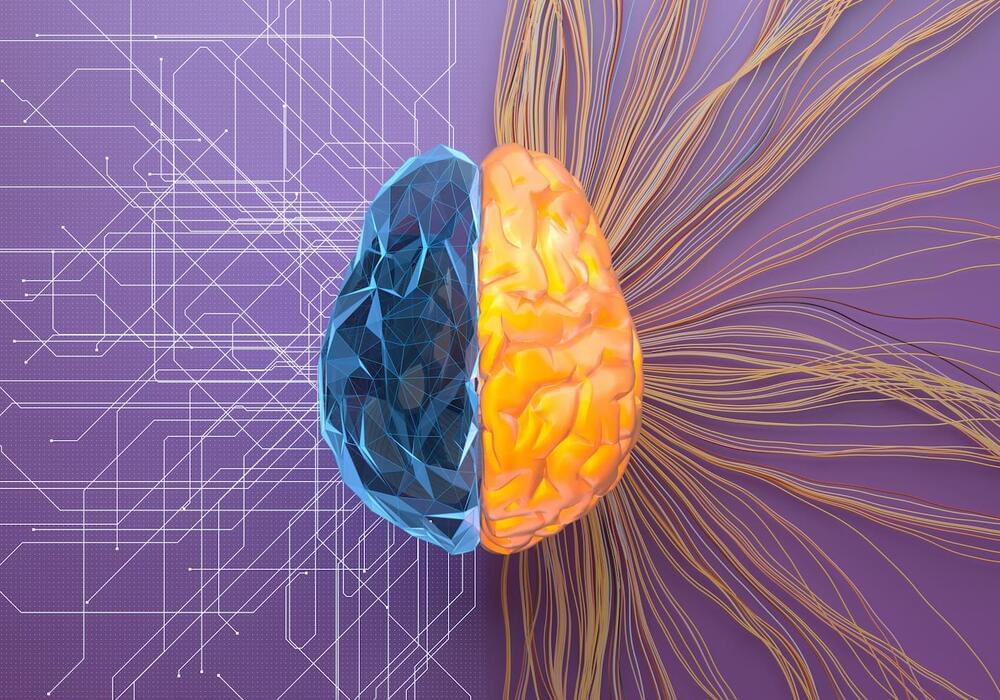Advances in the AI realm are constantly coming out, but they tend to be limited to a single domain: For instance, a cool new method for producing synthetic speech isn’t also a way to recognize expressions on human faces. Meta (AKA Facebook) researchers are working on something a little more versatile: an AI that can learn capably on its own whether it does so in spoken, written or visual materials.
The traditional way of training an AI model to correctly interpret something is to give it lots and lots (like millions) of labeled examples. A picture of a cat with the cat part labeled, a conversation with the speakers and words transcribed, etc. But that approach is no longer in vogue as researchers found that it was no longer feasible to manually create databases of the sizes needed to train next-gen AIs. Who wants to label 50 million cat pictures? Okay, a few people probably — but who wants to label 50 million pictures of common fruits and vegetables?
Currently some of the most promising AI systems are what are called self-supervised: models that can work from large quantities of unlabeled data, like books or video of people interacting, and build their own structured understanding of what the rules are of the system. For instance, by reading a thousand books it will learn the relative positions of words and ideas about grammatical structure without anyone telling it what objects or articles or commas are — it got it by drawing inferences from lots of examples.
